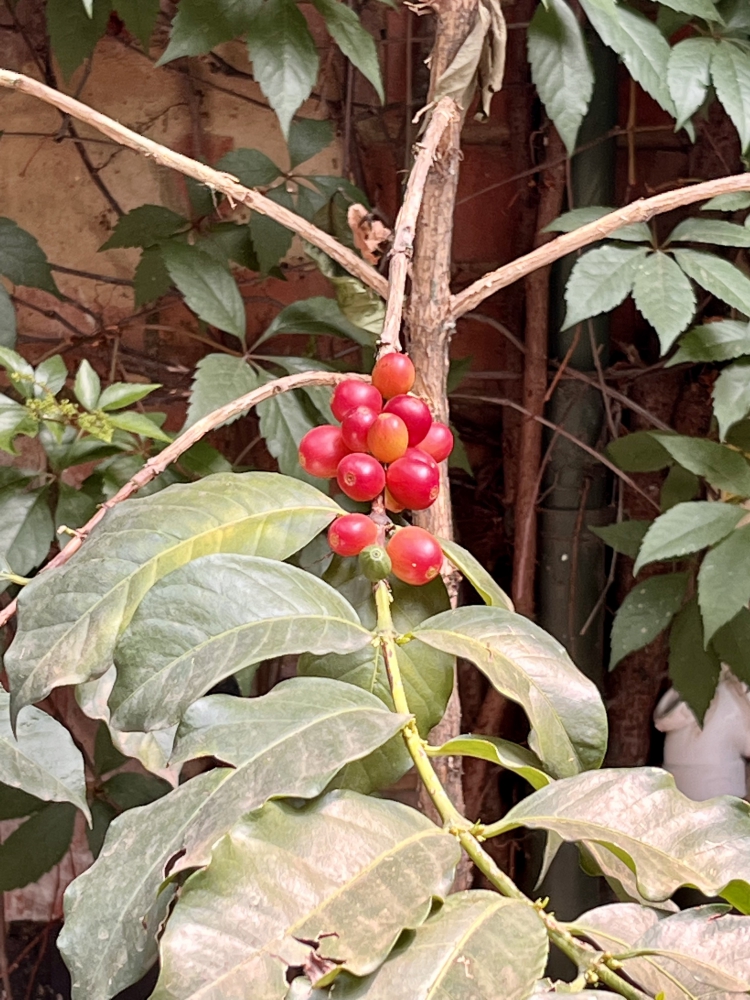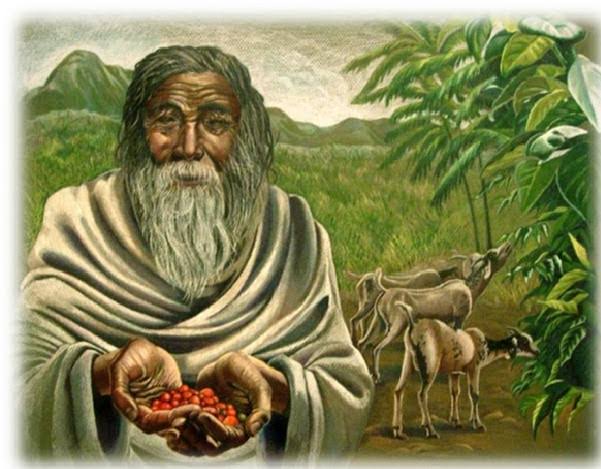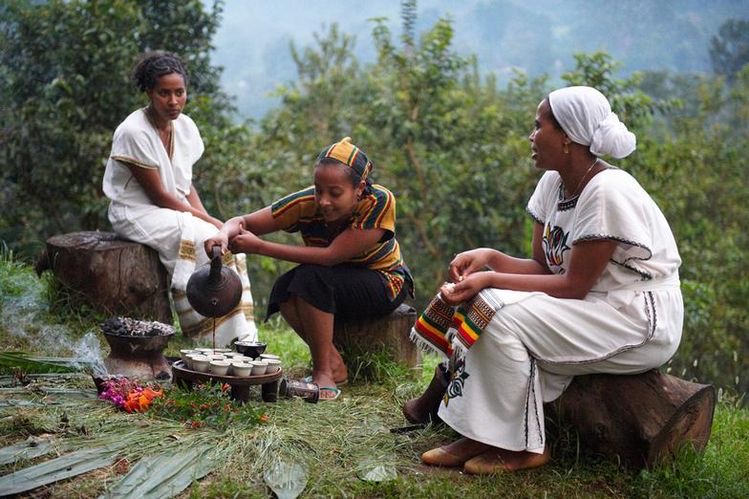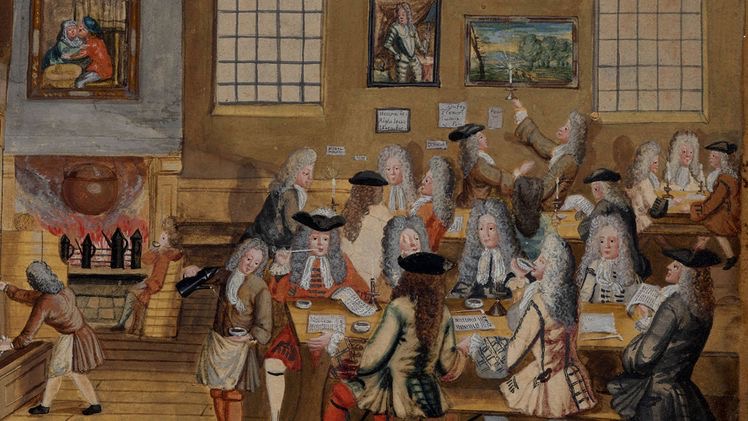There’s something so profound about learning the history of something and knowing the stories that existed before us.The study of change over time makes living the human experience so beautiful and sincere. Like when you hear stories about your grandparents having lived a whole entire life before you even existed.
You all of sudden feel this metaphysical experience overcome you, realizing the build up of micro-moments that made you the person you are today. This is why I find history so beautiful, it helps me understand why things are the way they are today. It provides an understanding of life and why we live the way we do.
So where did this coffee thing all start?

The cherries that certainly look good enough to eat, right?! Photo: Ayanda Dlamini
There’s a story about how coffee was discovered by an Ethiopian goatherd and his goats long long ago. The legend of Kaldi is a story I’ve heard on many occasions, all of them told in their own unique way and personally I find the story kind of amusing.

Long story short, the goats ate these berries off a tree, and later started acting slightly crazy and couldn’t sleep. Which obviously inspired some curiosity from Kaldi. I won’t bore you with the details about the buzzing goats but, this is how the drink we all know and love was discovered.
You can find a more in depth approach to the origins of coffee here.
It was this exact story that got me thinking a step further into the history of coffee and in particular the history behind cafe culture.
Nowadays, cafe culture means work meetings, zoom calls, catching up with friends or family. For some it’s a moment to wind down, a time to draw or journal and for others it’s the perfect place to people-watch.
This all stemmed from ancient times. The act of drinking coffee was originally associated with ceremonies and rituals. Not the type of rituals we are familiar with, where every morning we wake up and make a Chemex alongside some good breakfast. I mean the type of rituals where coffee was prepared as part of a ceremonial act.
In ancient Ethiopian times, coffee was served with herbs and spices to aid the overall health of an individual. Today the coffee ceremony is still practiced and is a symbol of hospitality and generosity.

Similar to how we experience coffee drinking habits today, coffee in ancient times would bring people together for social gatherings. At these events, women would roast the green beans on a pan over a fire, almost as an entertaining element to the gathering. All as a part of this delicate process, that involved manually crushing the beans and boiling it to combine with the coffee for everyone to enjoy.
Then when coffee began to travel outside of Africa it was used for many other purposes.
In Yemen, coffee was associated with prayer. Before preparing themselves in a sacred position for prayer. They used coffee as a tool to reduce fatigue and aid them in long prayer sessions.
In India, coffee for the longest time was referred to as “the magical bean” stemming from their legend of how coffee cherries were smuggled into India by a Sufi saint, to share coffee with his people. Also combined with spices like cinnamon, served at social or family gatherings.
Coffee then started becoming this popular thing, so much so that it made its way to Europe through trade.

This is the point in history where my need to understand cafe culture and where it stemmed from, came full circle. The rise of coffee in Europe introduced “coffee houses”. Coffee houses became a common gathering place where people drank coffee, shared political views, exchanged ideas and socialised. Sound familiar? It was generally an upper social strata affair though.
I think when people look back on what cafe culture was in our age, hopefully they will see that cafes have become democratised and open to all. They have also become communities, each one has its tribe. We'll probably also be remembered for taking the way coffee is prepared far too seriously. But I'm ok with that.